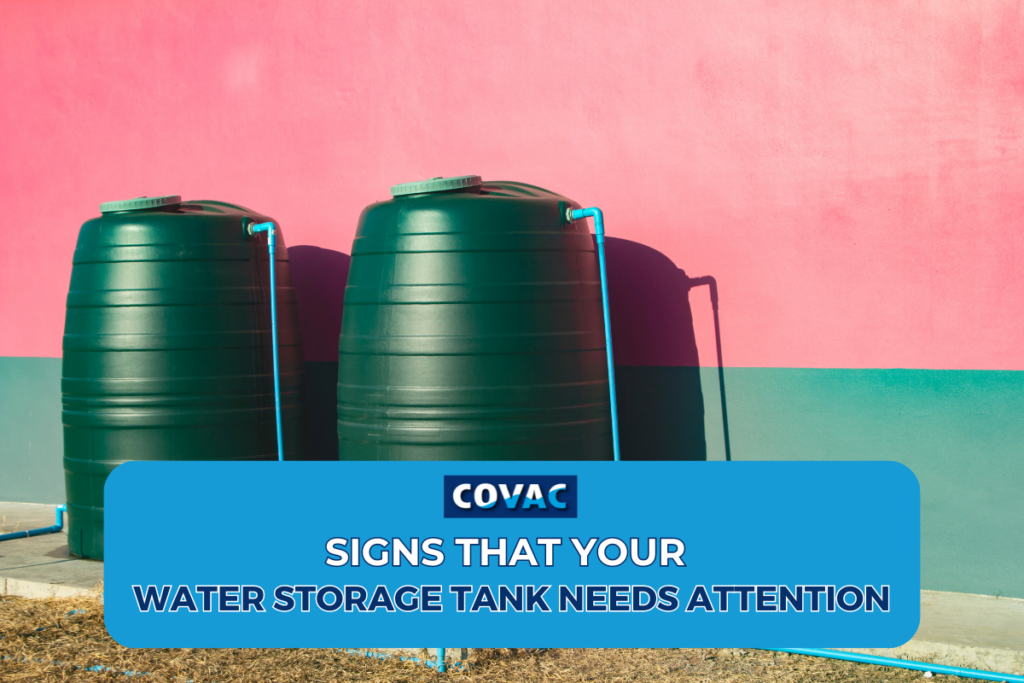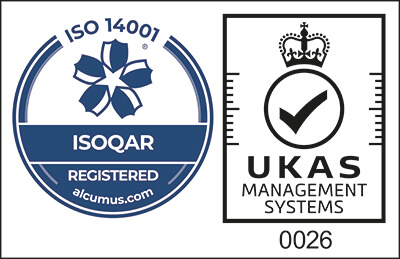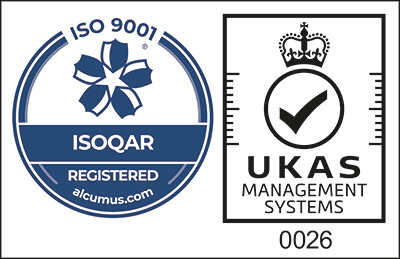
Although it can be difficult to identify what is wrong with your water storage tank when you notice it is having some problems, there may be signs that your water storage tank needs attention that you’re missing. Your tank may not be working properly, or there might be some strange smells coming from it. If you’re encountering problems with your water tank, this article will help you to identify what the problems might be and advise you on the steps you should take to fix them.
Why Is My Tank Encountering Problems?
There are many reasons why you might be having problems with your water storage tank. Water tanks can last anywhere from 10-20 years without needing total replacement. But their lifespan is far shorter when they’re not cared for properly.
Regular tank maintenance is imperative to ensure that your water tank continues to work normally for years. Without regular check-ups: your tank will deteriorate and become unfit for function.
Water storage tank issues are not uncommon, and it isn’t simply improper care that could lead to tank deterioration. Sometimes difficulties can arise simply from natural wear and tear. You could encounter many problems, some of which may be out of your control, which this article will cover.
Common Water Storage Tank Issues: Causes, Solutions, and Prevention Tips
The Smell of Sulphur
Sulphur is a smell that you can’t miss. The odour is reminiscent of burnt matches, natural gas, or rotten eggs. It is extremely unpleasant, and if you’re noticing it coming from your water storage tank, it’s probably bacteria growth, which needs to be removed as soon as possible.
The bacteria in your water storage tank can be caused by various sources such as waterborne pathogens or deceased animals in the water.
Regardless of whether the water in your tank is potable or non-potable, the bacteria you can smell needs to be removed by a professional water tank cleaning service or by using chlorine bleach in the water and completely draining the tank.
The new water that replaces the dirty water must be tested to ensure that no bacteria is still present. Attentive tank maintenance after having your tank deep cleaned can reduce the chances of more bacteria growing quickly.
Green Sludge
Any green sludge that you find in your water storage tank could be algae. Algae doesn’t seem like a problem on the surface, but it releases toxins that can cause sickness and illness in humans and animals. Algae may form if you fall behind on tank maintenance, so if there is algae in your tank, you should contact a professional water tank cleaner to refurbish your tank or add small amounts of bleach to your water to kill it.
Alternatively, if you’re dealing with lots of algae, draining the water tank and removing the sludge with hoses and sweeping brushes will solve the problem. However, only trained professionals should do this, and it can only be done if your water tank has easy access.
To reduce the likelihood of algae forming, you could purchase an opaque water tank so no light can reach the water and encourage photosynthesis. Algae cannot photosynthesise without light, so keeping the water in darkness will discourage unwanted growth.
A Metallic Taste
If your water tank is used for potable water and you notice that your water tastes like metal, then there is a good chance that you’re dealing with sediment in your water storage tank.
Sediment build-up isn’t unusual, especially if your tank is lined with metal. Sediment forms when naturally occurring minerals like magnesium and calcium are discharged during metal corrosion, settle on the tank floor, and are left to sit for some time.
Sediment can be chemically dissolved, but it is best to consult a professional water tank cleaning service to ensure that the process is done properly.
By ensuring that you’re on top of tank maintenance, you’ll be able to identify sediment build-up before it becomes unmanageable.
Murky Water
If your water looks murky, it’s probably a result of bacteria build-up or sediment. As highlighted above, it is best to consult a professional water tank cleaning service to have your tank properly washed before using it again to avoid getting sick.

Leaking Tank
If you think your water tank is leaking, there could be several reasons why. Some explanations simply come down to human error, but others are from uncontrollable external factors.
Incorrectly Connected Pipes
If a pipe has become disconnected because of improper installation, you should be able to see moisture or water leaking from the pipes.
Rust and Corrosion
Rust is a naturally occurring phenomenon that occurs when acidic substances come into contact with metal such as iron or steel.
Since water can be acidic, your water tank may likely experience rust, which can result in leaking, since the surface of the tank is damaged and can allow water to get through.
Corrosion can be helped by tank maintenance and water tank lining, but it is generally caused by natural deterioration of the metals used for the tank.
Natural Causes
Natural causes such as harsh weather conditions can cause damage to the exterior of the water storage tank and generate cracks in the surface that can allow for leaking.
Can I Fix The Problems Myself?
Although some of the issues you may encounter with your water tank may seem easily solvable, and you may think you can fix them yourself, it is always best to speak to a professional to avoid accidentally damaging your water tank further or risking your health and safety.
Avoiding generating problems in your water storage tank starts with proper tank maintenance and good materials. It is recommended that you should clean your water tank every 6 months if it stores potable water and once a year if your water is non-potable. Cleaning your tank regularly will reduce the likelihood of problems arising and keep your water tank healthy for longer.
How Can COVAC Help?
At COVAC, we provide a range of essential services, including tank lining, installation of inspection hatches, and tank repair, all meeting the rigorous standards set by the Water Regulations Advisory Scheme (WRAS) and HSE.
Our repair services are backed by a 10-year guarantee and performed by our certified, fully qualified team for optimal service quality.
For more information about our services or to request a quote, please don’t hesitate to contact us today.










